JOINT BASE LEWIS-McChord, Wash. -- Good leaders walk a fine line - but there are at least three at Joint Base Lewis-McChord who have found a way to do it well.
Captain Zach Corke, 201st Battlefield Surveillance Brigade, Capt. Robert Snyder III, 1st Special Forces Group, and Capt. Derek Noel, 4th Brigade, 2nd Infantry Division, received the MacArthur Leadership Award for 2010, given each year to company grade officers and warrant officers who live up to General Douglas MacArthur's ideals of duty, honor and country.
"The driving force was to establish an award to recognize the future leaders of the United States Army," Gen. Douglas MacArthur Foundation Executive Director William J. Davis said.
Since 1988, the award has been presented to 28 active-duty, Reserve, and National Guard Army commissioned and warrant officers based on their duty performance the previous year and their potential for future service.
There's no perfect formula for a leader, but for the three active Army winners at JBLM, there are common elements.
Commitment
The first step is being fully committed, to both the troops and the task at hand. It's something Corke is familiar with. Having enlisted and risen to become an NCO, he knows exactly what it means to have leaders working every step of the way with their subordinates and enduring the same hardships.
"I've learned that, to me, the most important leadership trait is to lead by example and lead from the front," he said. "I'd like to hope that my Soldiers see me as somebody who would roll up my sleeves and be out there doing things with them."
As commander of C Company, 38th Long Range Surveillance, 201st BfSB, he was there to build the company from the ground up. When he reported to Fort Lewis in 2008, he was the ninth Soldier to arrive for the company - and there was a long way to go before reaching its full strength of nearly 150.
"We had no equipment, no weapons, at the time we really didn't even have our own building," Corke said. "So yeah, we literally generated from scratch, from the paper towels and toilet paper in the building to preparing to deploy to Iraq in less than a year."
Once in Iraq, his dedication to the mission and to his Soldiers was just as apparent as before.
"He seemed to be just everywhere doing everything," Col. Bob Whalen, the former 201st BfSB commander, said of Corke's work in Mosul.
According to Whalen, Corke often did two or three tactical missions a night with the local police or Kurdish army and then reported on them the next day, while also being in command of 15 geographically dispersed LRS teams. Whalen wasn't entirely sure when he had the time to sleep.
As far as Corke was concerned, that's the job.
"To me that's part of the deal, that's part of what you sign up for," he said. "You know, you're going to work long nights, you're going to work long days, you're going to have to sacrifice some of your personal time. And I think those leaders (who) do that, once again, earn the trust of their Soldiers."
Confidence
Commitment is key, but conviction is no less important. Making the right decision rather than the popular one requires a different kind of courage - the kind that comes from being certain of oneself.
"You can't motivate men to do something if you don't have the confidence to do it yourself," Snyder said. "Self-confidence is critical. Once the decision is made, you gotta do it."
But for Snyder, a fourth generation Army officer, self-assurance doesn't mean going it alone. His grandfather told him to try and learn something every day, and Snyder found that his best teachers were the men he worked with.
"I try to learn from my Soldiers, because they're the experts in pretty much everything," he said. "That's one thing that can help you be a better leader, is when you seek out your Soldiers' opinions on stuff, their skills, and even solving problems."
This input keeps his team involved in every step of accomplishing a mission - even when that process takes time.
While conducting Village Stability Operations in Afghanistan, Snyder and his Special Forces Operational Detachment A had to focus on counterinsurgency and integrating into a remote Afghan village.
His 12-man ODA lived in a 35 by 30 meter house on the village's main road, taking time each day to interact with the people there. After several months and countless cups of tea, the team built enough trust that the locals felt comfortable asking for help.
"I'm not a big fan of solving problems for Afghans," Snyder said. "I'm a bigger fan of identifying the problem and helping them find a solution."
Eventually with the ODA support, local Afghans pledged to execute over 50 critical development projects, such as cleaning local canals, that contributed over $290,000 to the local economy. The team went from earning the acceptance and support of the village they lived in to actively working with five villages in the area. The villages secured themselves with a community watch that was trained by the ODA. The villages chose to stop supporting the enemy. Instead, villagers actively worked with the ODA resulting in the area becoming inhospitable to the enemy.
Compassion
So much of the time, it's the human element that counts. Leading with compassion, and knowing what makes Soldiers tick, is something Noel values.
"I'd say any leadership position, specifically in the Army, requires an understanding of what drives individuals," he said, "and that it's different for different individuals - what makes them want to accomplish a task, and be a part of the team and complete the mission."
When he started at the University of Richmond, Noel thought he was pursuing a career in social work. But the more he heard about what his friends in ROTC were doing, the more he found that the Army fit his motivations as well.
"It just kind of made sense," he said. "And one day I just, out of the blue, I just called my parents and said, 'Hey, I'm going to join the Army today.'"
Though they'd never discussed it, his parents weren't surprised.
Noel went on to earn the respect of his counterparts in the Iraqi army, according to Col. Mark Bieger, former commander of 4th Battalion, 9th Infanantry Regiment who nominated him for the
award. The Iraqis asked for him by name to accompany them on missions.
He was just as adept at earning the respect of his Soldiers, always making the extra effort to thank them, Bieger said, and they responded to that.
"(Noel) had a genuine care for all his Soldiers," Bieger said.
"He was selfless, he's an extremely dedicated, professional and humble officer," he said. "He's the kind of officer you want to be around and you want to learn from."
In the end Noel, the Soldier who always smiles in photos - because you end up looking just as silly if you try to look tough - learned to be a leader on his own terms.
"One thing I've also always told my lieutenants and leaders (who) have worked for me is there's no set mold for a leader," he said. "You don't have to act like you've seen in the movies or like you've seen in a previous leader ... I guess the key is to have your own personality and to be a successful leader and not try to change that."
Trusting the team
For each of the three officers, the key factors that helped them balance the responsibilities of leadership were the Soldiers they worked with. In fact, not one was willing to take the sole credit for his successes.
"You have to really trust your guys," Corke said. "And that's what I'm saying. For me, I don't know exactly how to take this award. I mean, I'm flattered, but in my company, every aspect of it is a team effort."
"The guys on my team are the guys who get work done, who make it happen, and they really make my job easy," Snyder said. "I just give them guidance and they get the job done."
Army Chief of Staff Gen. George W. Casey will present Corke, Snyder and Noel with busts of MacArthur in May at the Pentagon.
Marisa Petrich: marisa.petrich@nwguardian.com
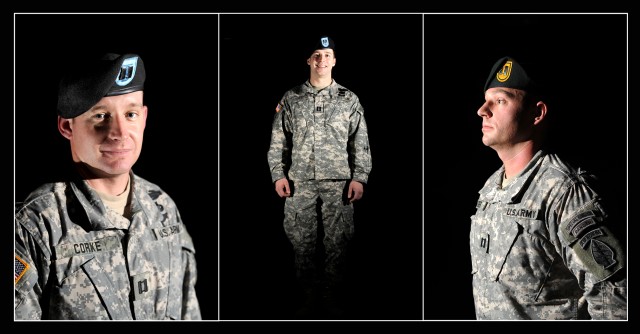
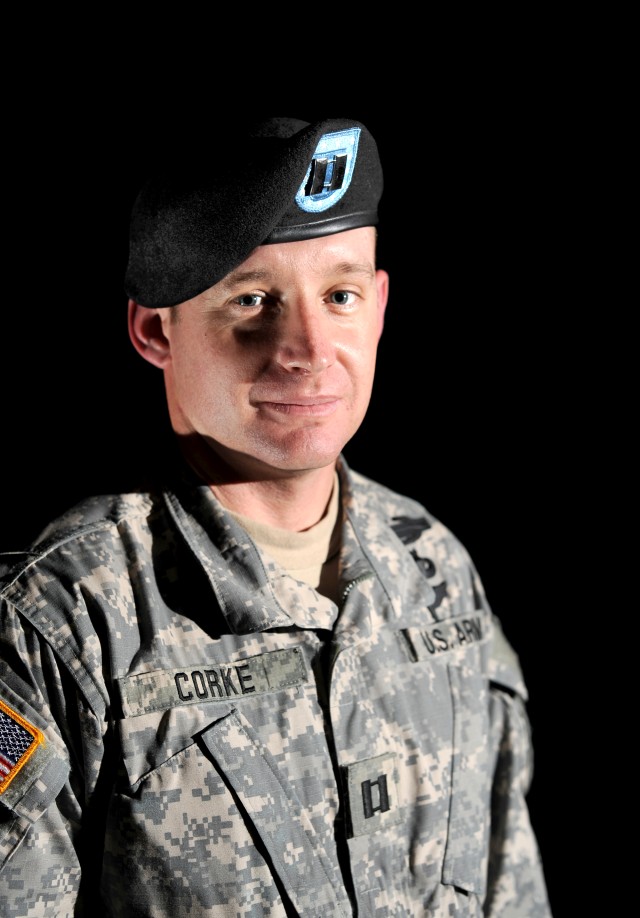
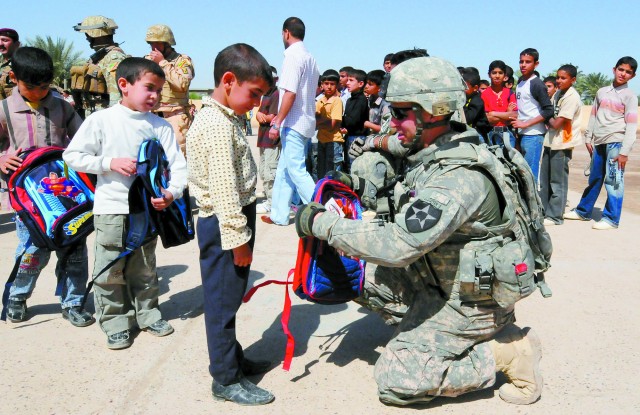
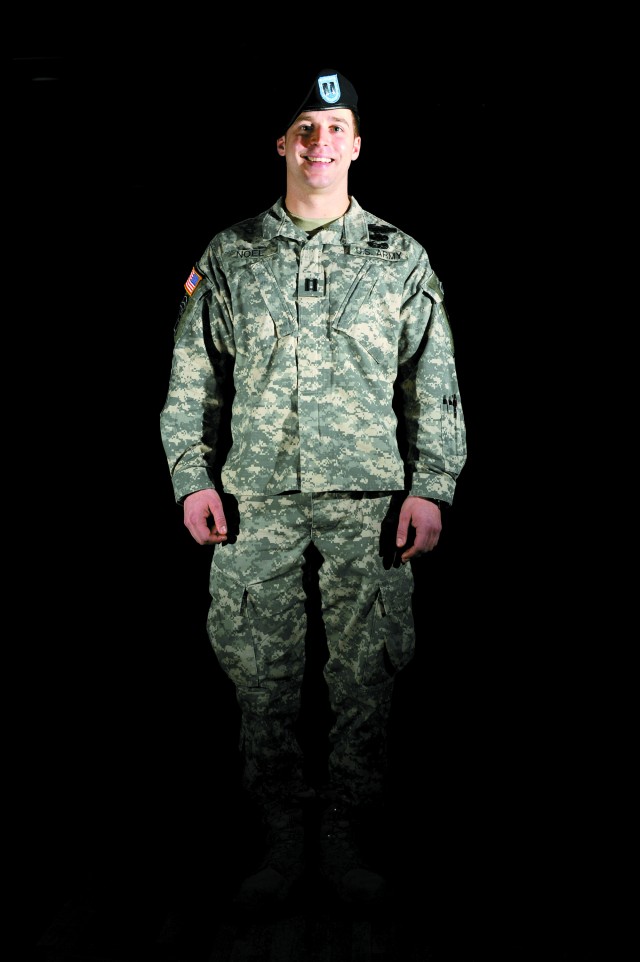
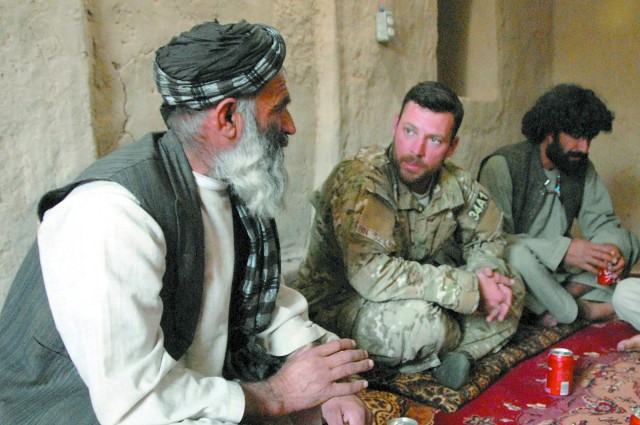
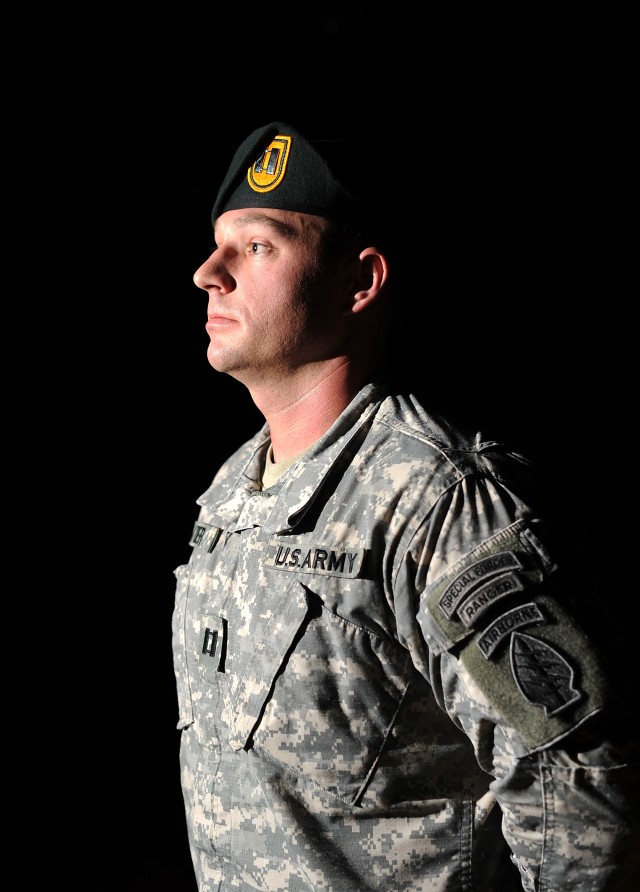
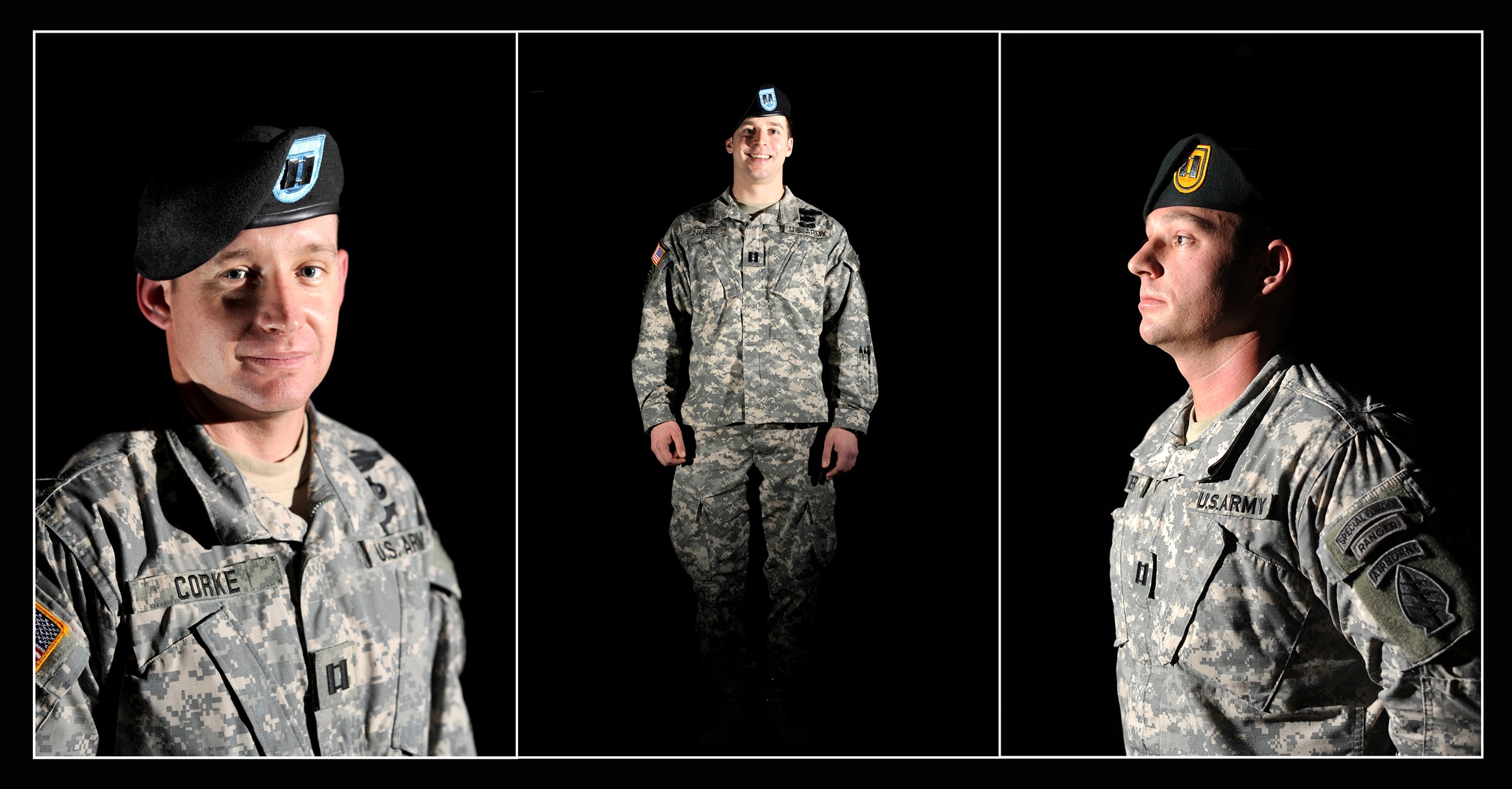
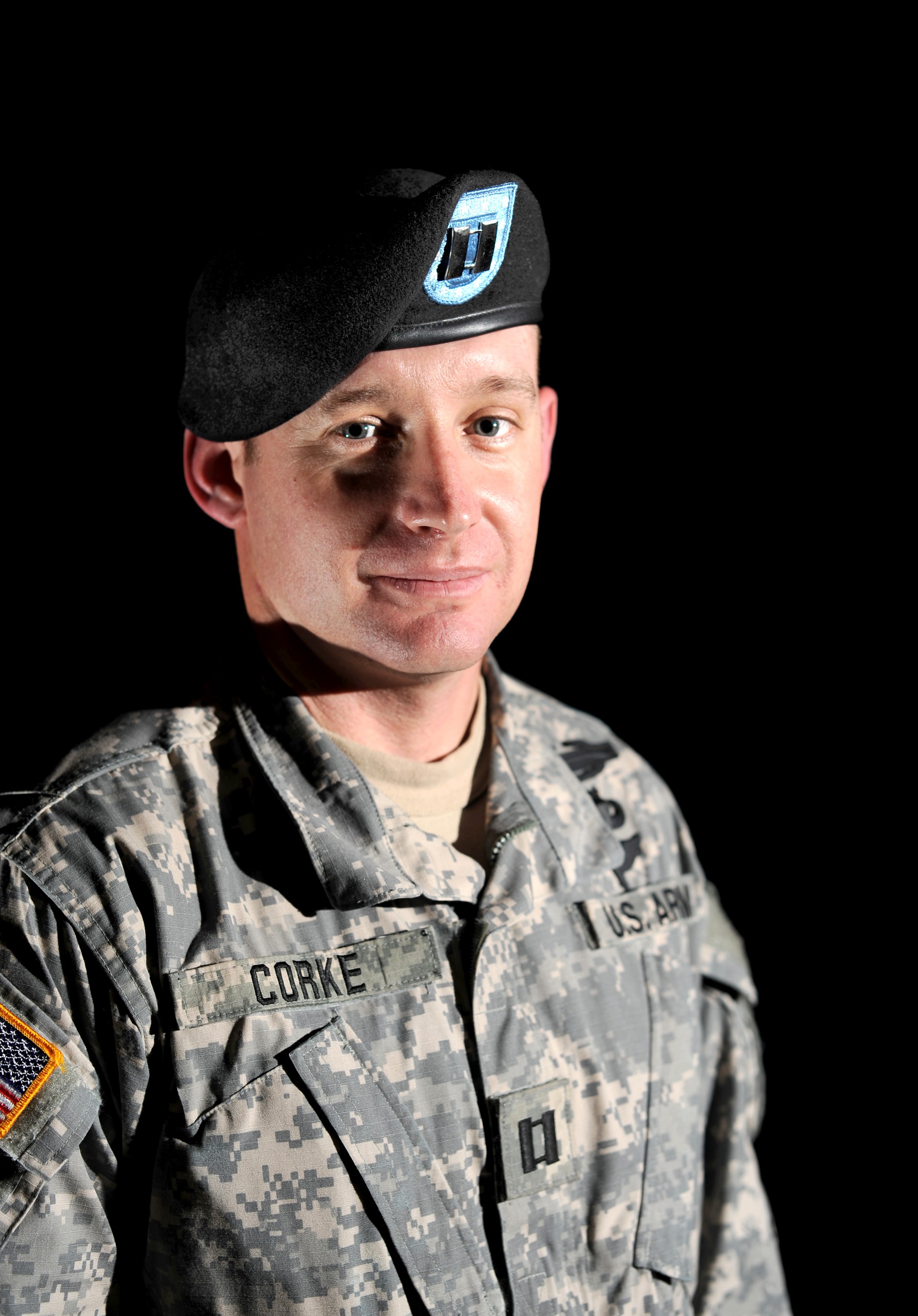
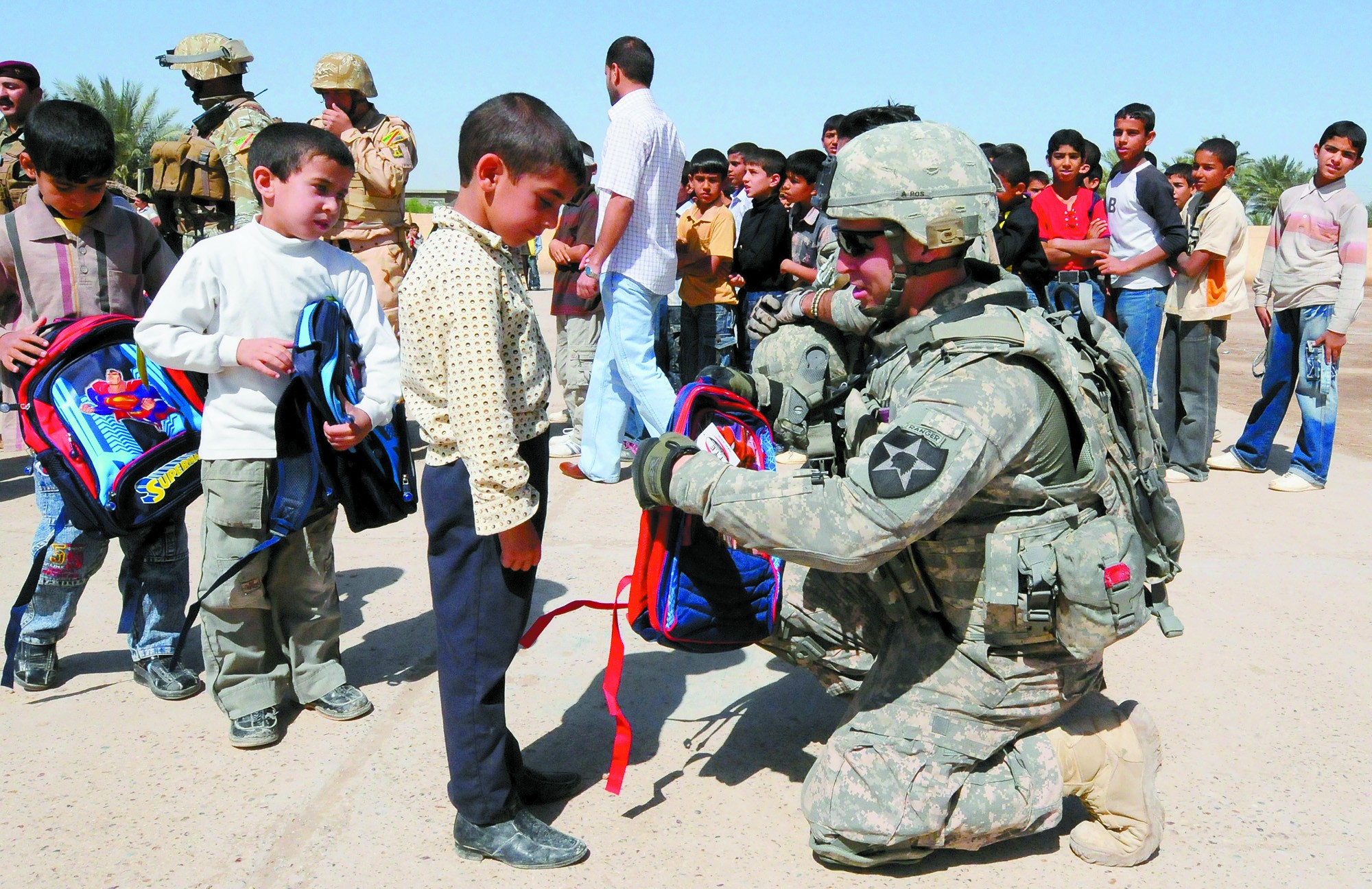
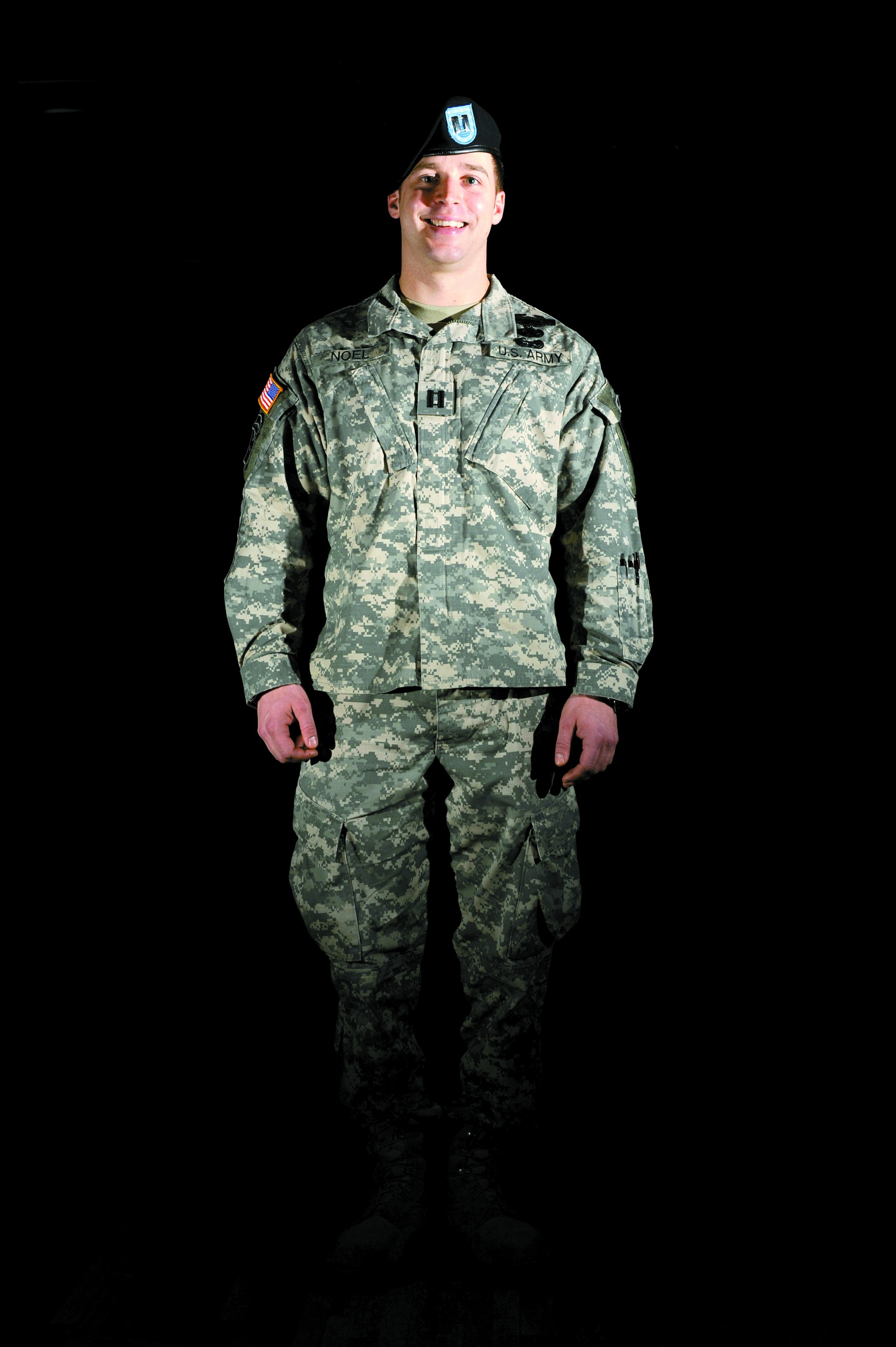
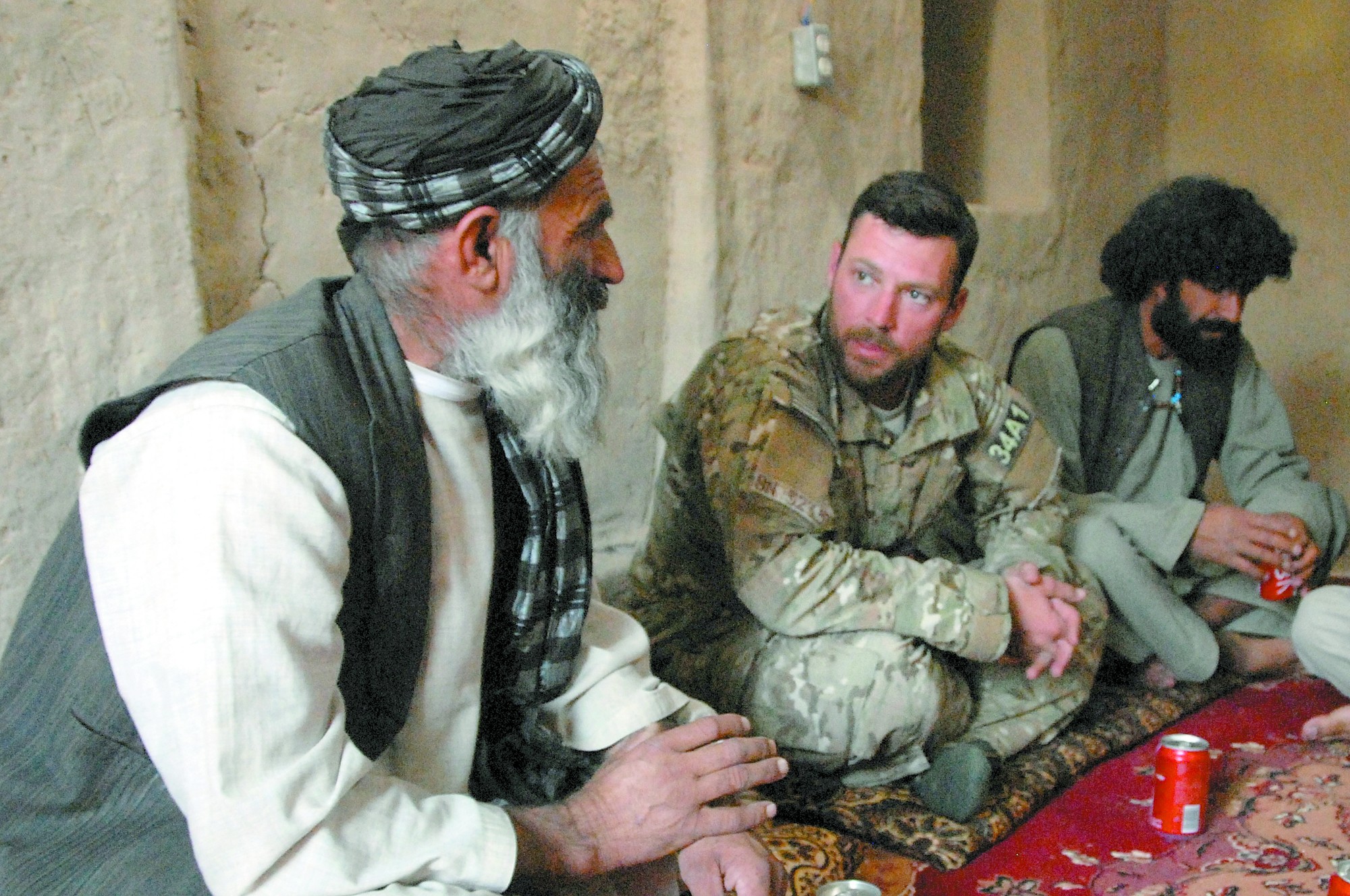
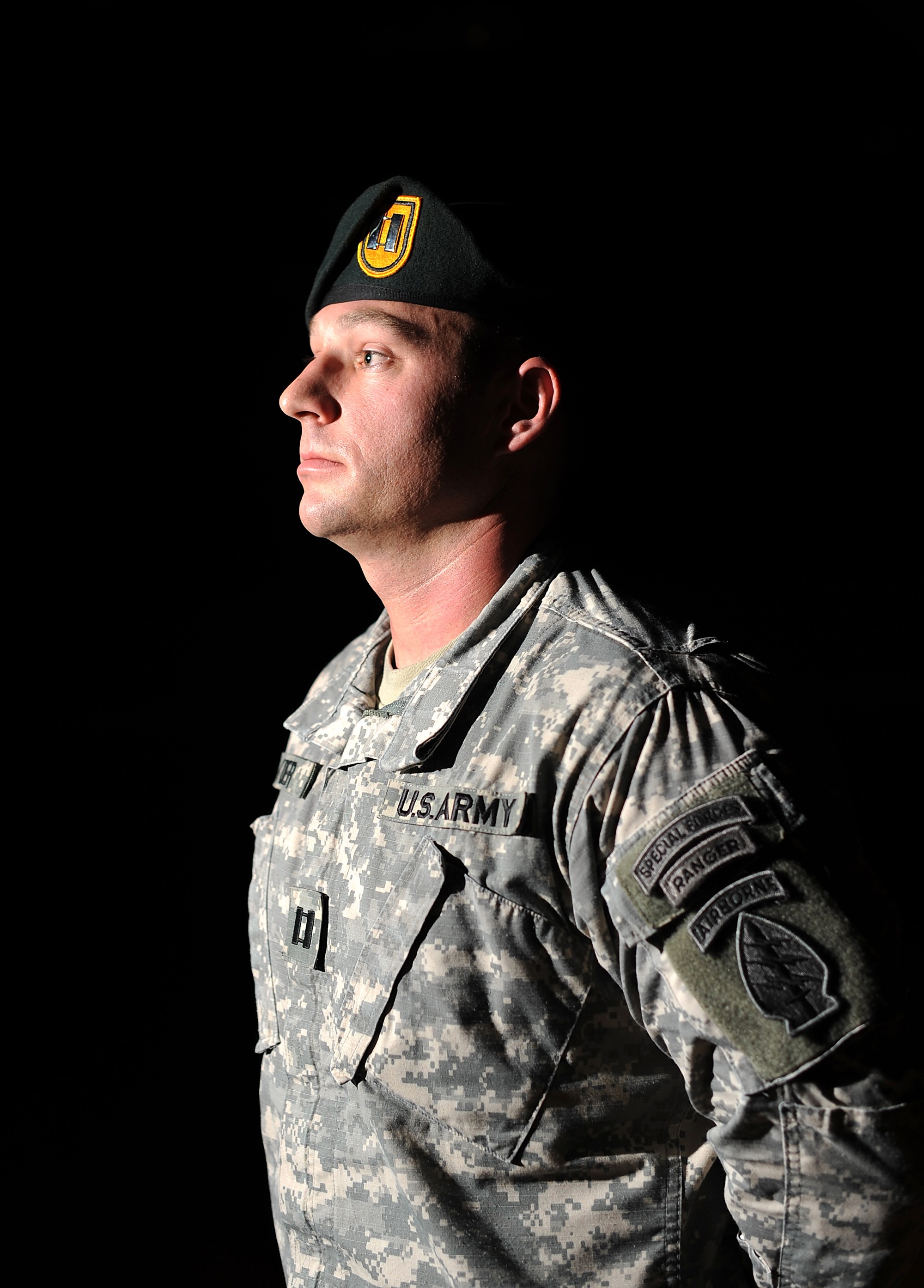
Social Sharing